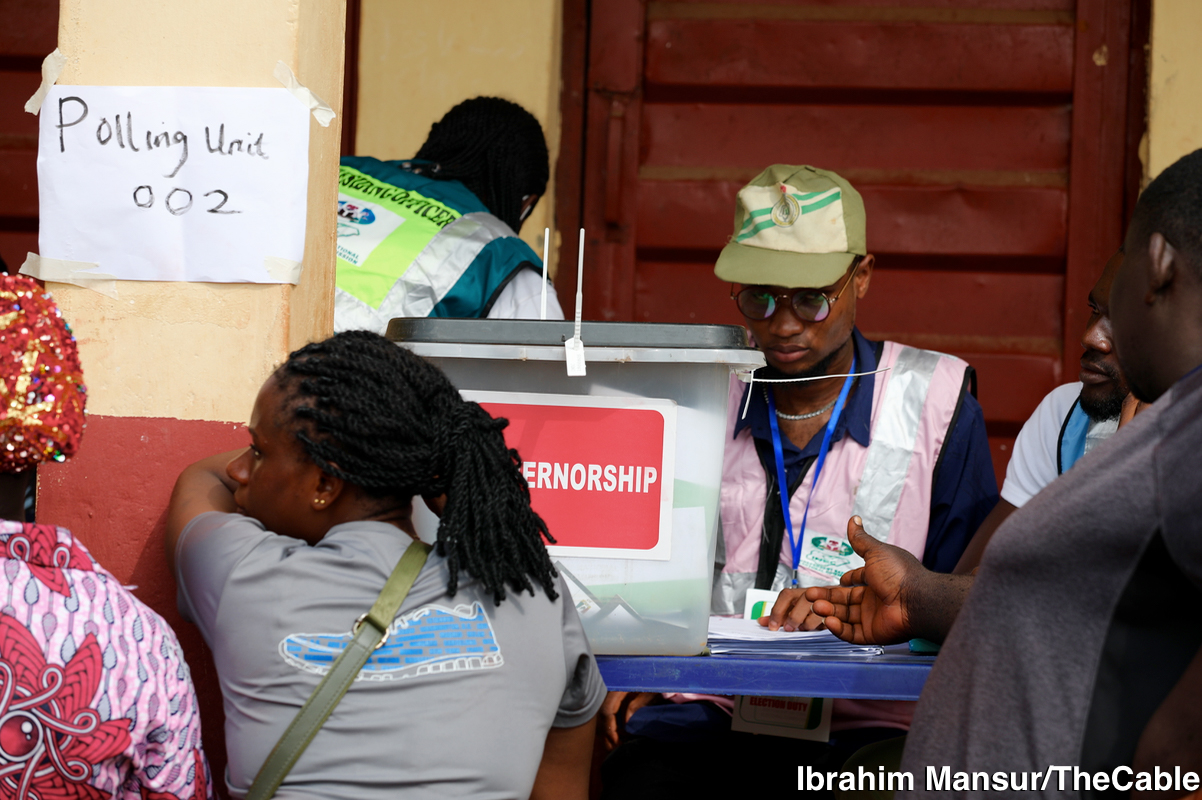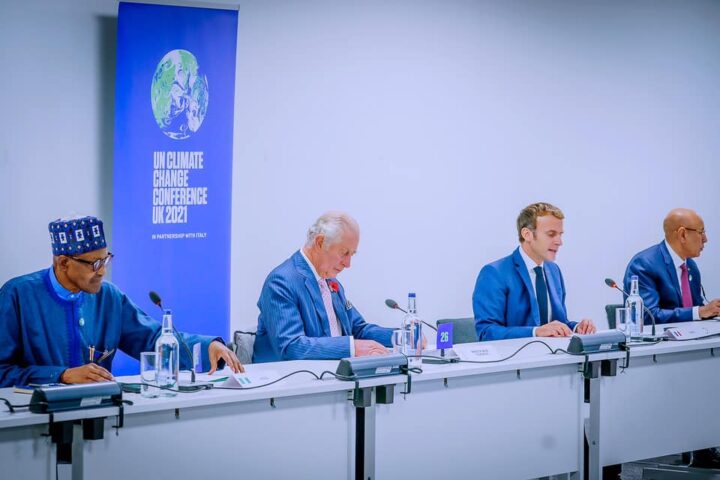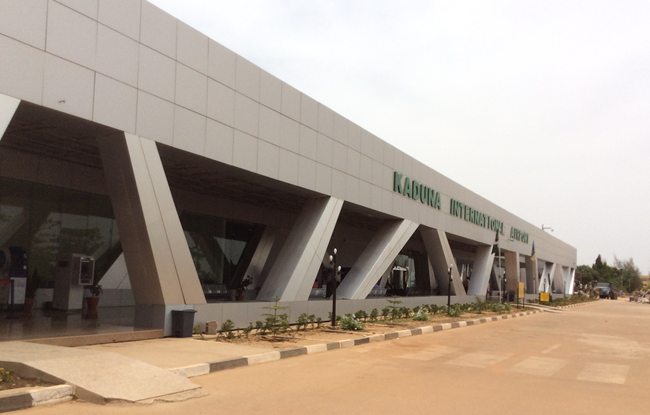BY AUGUSTA NNEKA
Following years of agitations, lobbying, town-hall meetings, sensitisation exercises, peaceful walks and protests, Nigeria’s young people finally made history on May 31, 2018. Not only had they gotten the legislative arm of the government to consider and pass the ‘Not too Young to Run” bill, they had also convinced the country’s president to sign it into law.
With a stroke of the pen, President Muhammadu Buhari, surrounded by a few of the young people who championed the cause, rolled back the minimum age requirement for political offices in Nigeria. The new law reduced the minimum age limit for vying for the presidential seat from 40 years to 35 years, gubernatorial seat from 35 to 30, federal house of representatives and state house of assembly from 30 years to 25 years, while the minimum age requirement for governorship and senate was dubiously retained at 35 years.
With that presidential assent, nobody could convince Nigeria’s youthful populace that the new law was not a big win. It won’t be long however before the thrill of getting the nation to sign a “historic” bill into law wears off. While there was a pronounced legal impediment to young people meaningfully participating in Nigeria’s governance system, the unpronounced operational impediment was a bigger but often overlooked kettle of fish.
Advertisement
With the legal obstacle now set aside, many Nigerians suddenly became conscious of what a few others knew all along: that if getting the country to amend its laws was difficult, getting it to amend its ways to allow for full implementation of the new law will prove to be even more so. Many critically looked at the steep learning curve of politics as we practise it here in Nigeria and wondered how young Nigerians can contest for elective offices against more entrenched and often older rivals and win.
Today, the “prohibitive cost” of political participation is receiving its fair share of national attention. While there are laudable advocacy efforts to further “level the playing field,” one thing is becoming increasingly clear; there were select young Nigerians who carefully studied the system and got themselves prepared for their future roles even before the ‘Not too young to Run’ bill made it to the president’s table.
One such notable young person is Anambra’s Mark Okoye II. Some remember him as the youngest person to be appointed a commissioner since Nigeria’s Fourth Republic. Mark has had a brush with Nigeria’s laws. His initial appointment as a commissioner was rejected by the Anambra state house of assembly on the grounds that he was yet to attain the minimum age required by law. He had to serve in a nursery role while waiting for his physical age to catch up with the full requirements of the law. In what has been described as a clear demonstration of an unmatched capacity, Mark’s name was resubmitted for that same role when he crossed the age hurdle.
Advertisement
While Mark could have spent his time nagging about his initial disqualification, he used the opportunity to acquire more competencies and further study the inner workings of Nigeria’s political sphere. Mark has meritoriously served out two terms as Anambra’s commissioner for economic planning, budget and development partners. In all the capacities he served, Mark justified the huge confidence reposed in him. He not only holds the record as Nigeria’s youngest commissioner since 1999, but he also has to his credit a track record of visible accomplishments, including designing Anambra’s economic stimulus plan that kept the state afloat during the 2016 economic recession.
Mark Okoye serves as a living example of the necessity of building capacity as a young person. He has also shown that obstacles, including those in the political marketplace, can be surmounted with the right toolset. Rather than waiting for power to be served à la carte, Nigeria’s young, interrogating the system as a young leader and building an uncontestable profile, to me, is the best use of Nigeria’s ‘Not too Young to Run’ bill.
Augusta Nneka can be reached via [email protected] and on Twitter: @Nneka_Augusta
Advertisement
Views expressed by contributors are strictly personal and not of TheCable.
Add a comment






